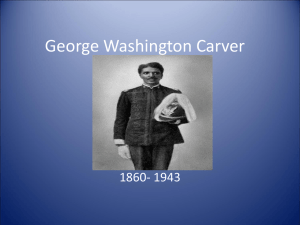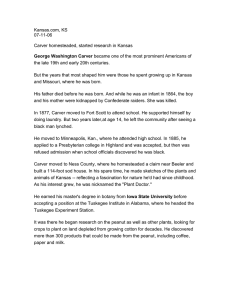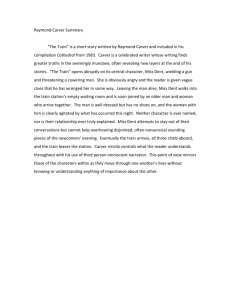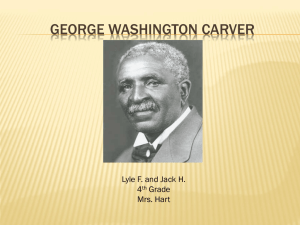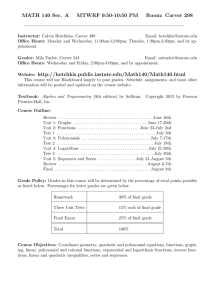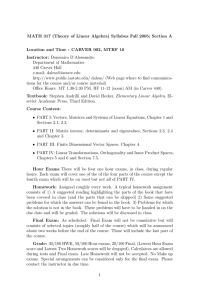Black PR Wire, FL 09-28-07 George Washington Carver; more than peanuts
advertisement
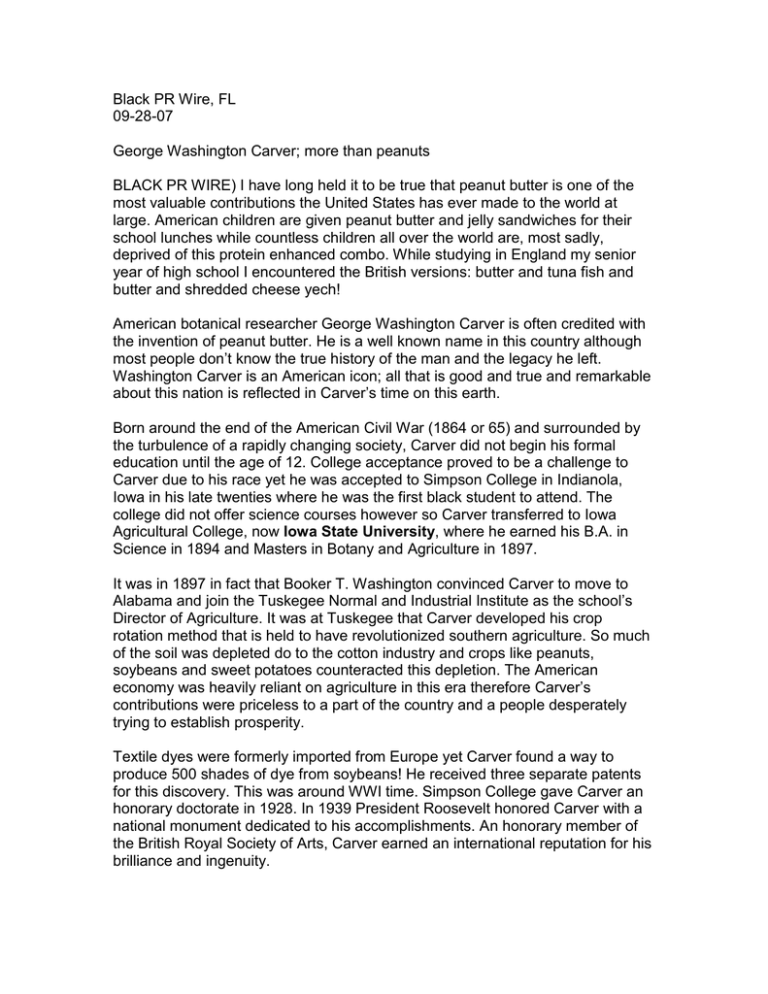
Black PR Wire, FL 09-28-07 George Washington Carver; more than peanuts BLACK PR WIRE) I have long held it to be true that peanut butter is one of the most valuable contributions the United States has ever made to the world at large. American children are given peanut butter and jelly sandwiches for their school lunches while countless children all over the world are, most sadly, deprived of this protein enhanced combo. While studying in England my senior year of high school I encountered the British versions: butter and tuna fish and butter and shredded cheese yech! American botanical researcher George Washington Carver is often credited with the invention of peanut butter. He is a well known name in this country although most people don’t know the true history of the man and the legacy he left. Washington Carver is an American icon; all that is good and true and remarkable about this nation is reflected in Carver’s time on this earth. Born around the end of the American Civil War (1864 or 65) and surrounded by the turbulence of a rapidly changing society, Carver did not begin his formal education until the age of 12. College acceptance proved to be a challenge to Carver due to his race yet he was accepted to Simpson College in Indianola, Iowa in his late twenties where he was the first black student to attend. The college did not offer science courses however so Carver transferred to Iowa Agricultural College, now Iowa State University, where he earned his B.A. in Science in 1894 and Masters in Botany and Agriculture in 1897. It was in 1897 in fact that Booker T. Washington convinced Carver to move to Alabama and join the Tuskegee Normal and Industrial Institute as the school’s Director of Agriculture. It was at Tuskegee that Carver developed his crop rotation method that is held to have revolutionized southern agriculture. So much of the soil was depleted do to the cotton industry and crops like peanuts, soybeans and sweet potatoes counteracted this depletion. The American economy was heavily reliant on agriculture in this era therefore Carver’s contributions were priceless to a part of the country and a people desperately trying to establish prosperity. Textile dyes were formerly imported from Europe yet Carver found a way to produce 500 shades of dye from soybeans! He received three separate patents for this discovery. This was around WWI time. Simpson College gave Carver an honorary doctorate in 1928. In 1939 President Roosevelt honored Carver with a national monument dedicated to his accomplishments. An honorary member of the British Royal Society of Arts, Carver earned an international reputation for his brilliance and ingenuity. The most startling fact of Carver’s life is that he did not profit from most of his products, opting instead to give these gifts to humankind at large. In 1940 Carver is said to have given his entire life savings to the Carver Research Foundation at Tuskegee for continuing research in agriculture keeping his legacy alive for years to come. I’d say he was worth a lot more than just peanuts
